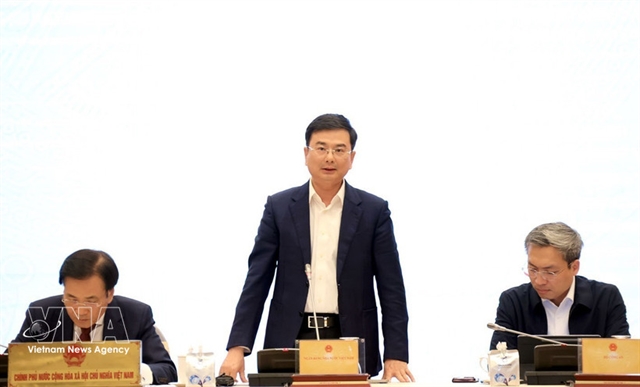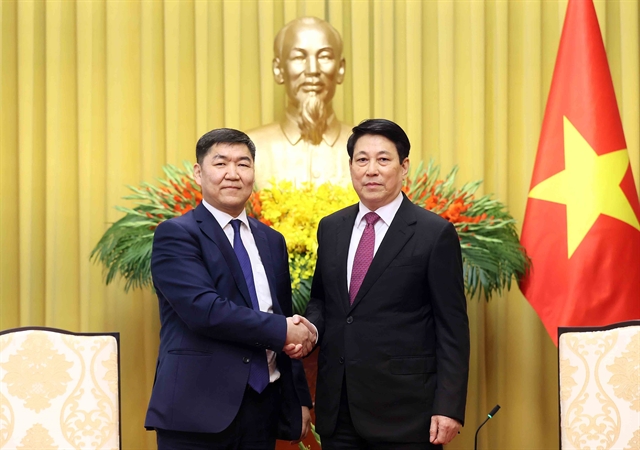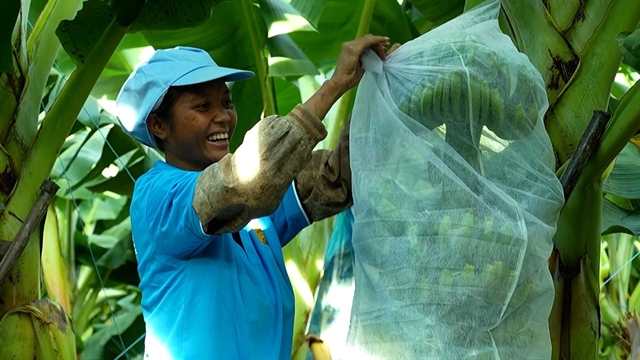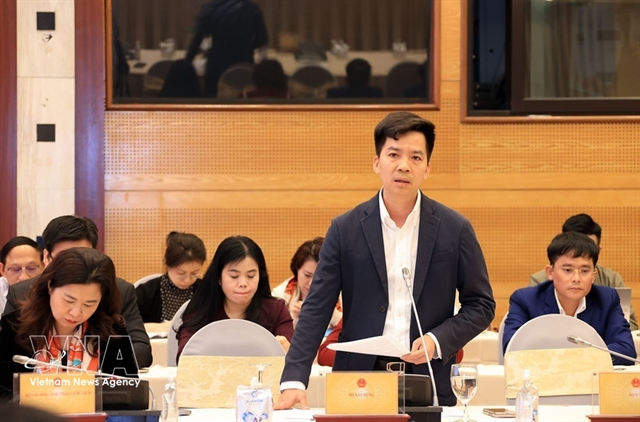 Economy
Economy

The term “inclusive economy” was used for the first time at APEC 2017 to highlight the roles of micro, small and medium enterprises (MSMEs). Việt Nam News reporter Nguyễn Khánh Chi spoke on this development and its implications with some delegates on the sidelines of the first Senior Officials’ Meeting (SOM 1) in Nha Trang City.
The term “inclusive economy” was used for the first time at APEC 2017 to highlight the roles of micro, small and medium enterprises (MSMEs). Việt Nam News reporter Nguyễn Khánh Chi spoke on this development and its implications with some delegates on the sidelines of the first Senior Officials’ Meeting (SOM 1) in Nha Trang City.
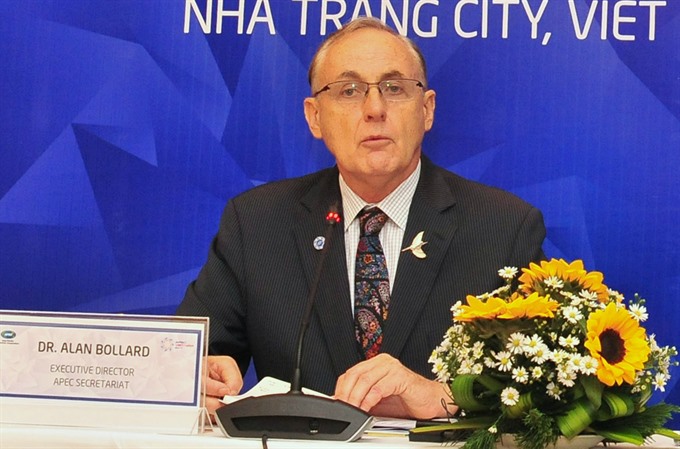 |
| Dr. Alan Bollard |
Dr. Alan Bollard, APEC Secretariat’s Executive Director
One of Viet Nam’s priorities is the modernisation of micro, small and medium enterprises using new electronic technologies, electronic commerce, new digital possibilities and using supply chains because all of these things make it possible for small and very small businesses to actually integrate more into the regional economic growth in a way they haven’t been able to do in the past.
So some of them can become like many multinationals. We could see small Vietnamese businesses, for example, exporting, branding, and protecting their intellectual property and doing marketing the way they couldn’t do five years ago.
The practical reality in the past was that it was very difficult to be an international trader, but now, with the Internet, it has become a lot easier and we try to ensure that regulations in economies around the region all help that and work for small businesses, not just big ones.
Regarding specific actions that need to be taken to help MSMEs, a couple of things are important. First, make information available in a way that small businesses can get it. Second, make sure we have regulations that work for small businesses and set the best practices.
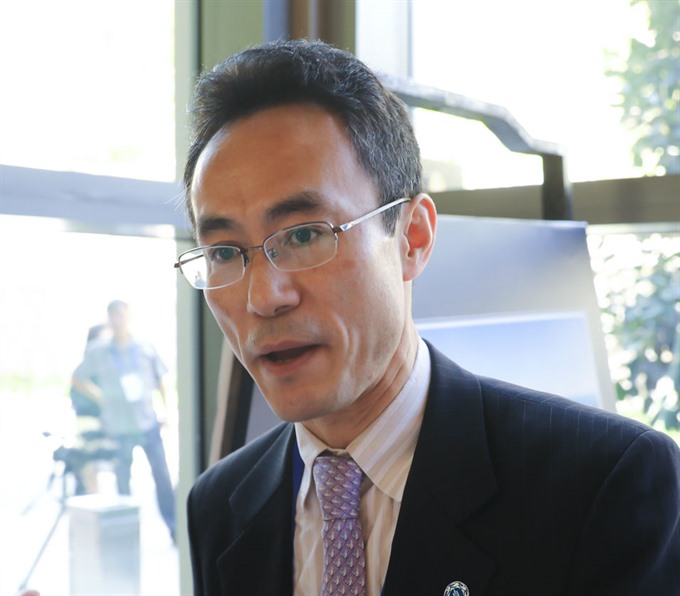 |
| Tsutomu Koizumi |
The role of MSMEs is one of the important issues to be discussed, especially for APEC, and even for Japan. MSME development will play a key and inclusive role in APEC’s future.
In the past, there was just one representative from Japan’s MSMEs attending APEC events, that is no longer true now. From my personal point of view, one issue for Japan is to reflect the voice of MSMEs in Japan during APEC discussions.
I know some economies have chosen representatives from MSMEs for the APEC meeting, that is very important and we have to continue this. This is about how to consolidate the basics for APEC’s future, trade and investment, macroeconomic growth and so on.
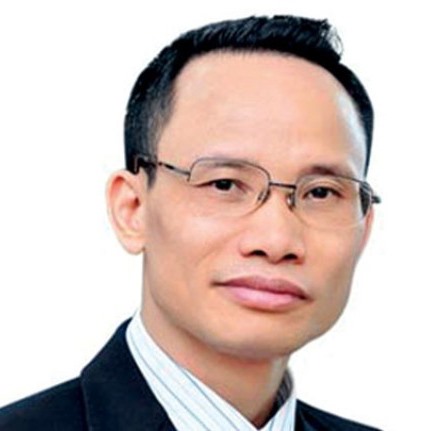 |
| Cấn Văn Lực |
Vietnamese finance and banking expert, member of VNCPEC Cấn Văn Lực
MSMEs are left on the side of the global value chain for four main reasons.
First, mechanisms and policies haven’t facilitated a linkage between domestic and foreign enterprises, and ministries, sectors and localities typically treat foreign-invested businesses more favourably than local ones.
Second, local enterprises haven’t really been proactive, creative and attempting to engage themselves in the local value chain and satisfy foreign enterprises’ demands. In other words, their qualification, capacity and efforts remain inadequate.
Third, the role of ministries, sectors and localities remains weak. They need to proactively connect local and foreign businesses, or at least inform local businesses of co-operation opportunities.
Fourth, enterprises sometimes lack information because foreign partners provide insufficient information or Việt Nam does not have an information and data supply system that functions well.
As the host of APEC 2017, Việt Nam must be proactive in realising proposed priorities [including one that targets MSMEs]. MSMEs account for over 97 per cent of all businesses and 60 per cent of jobs across APEC economies but are highly vulnerable due to certain restrictions, especially under the increased protectionist trends and the 4th industrial revolution.
That strengthening MSMEs development is on the APEC 2017 agenda demonstrates the commitment of Việt Nam and other APEC member economies. It is an action plan to connect action plans previously set by APEC in Mexico and then in Peru’s 2016 Leaders’ Declaration, for example. Việt Nam’s priority regarding MSMEs is very practical.
In Việt Nam, MSMEs play an essential role as they account for 40 per cent of the GDP, 77 per cent of jobs and 97 per cent of businesses. The Vietnamese Government has been introducing quite a few policies to support them, including Resolutions 35 and 19.
Four measures must be taken to assist the competitiveness of local enterprises, particularly the small and medium ones: fortify linkages between local and foreign enterprises; promote dialogues and public-private partnerships; improve connections within APEC in terms of mechanisms, infrastructure, and human resources; and encourage the start-up spirit and enhance women’s leadership.
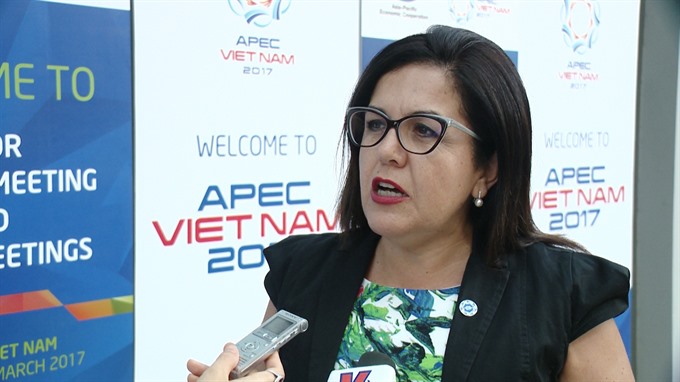 |
| Marcela Otero |
Marcela Otero, Director of Multilateral Economic Affairs, General Directorate of International Economic Affairs, Ministry of Foreign Affairs, Chile – APEC 2019 host
We have been talking about better communicating the benefits of trade, liberalisation, trade and investment.
In APEC, we all need to promote trade liberalisation. Having said that, there are some sectors of society that haven’t received the benefits of globalisation. We have to discharge our responsibility for those sectors now.
So we have to make sure: first, to communicate better the benefits that are there for those sectors like MSMEs, women, and youth; and second, to have a special focus on those sectors: how to include better the MSMEs in the global value chain, how to include better women in economic activities, how we make it easier for them to get access to finance, how to develop better infrastructure, and so on.
All these issues will help small actors in trade to participate better in the global value chain.
ABAC is one main pillars of APEC. We work from the government perspective, we are government officials of APEC, we work for the business community, our work in APEC is to respond to the necessities of the private sector because they are the ones that do business.
Today we heard that non-tariff barriers is one of the issues of concern, because tariff is not their main issue, tariff is low. Today we have SPS measures, TBT and other barriers that are not necessary as tariffs.
We need to listen to the private sector and work together with them, and try to find ways of collaboration so we can find solutions, because in the end what they do benefits society in the APEC region.
In Chile, there are lots of different policies established to enhance inclusion, and to help MSMEs become part of the global value chain, become part of trade, and part of winners.
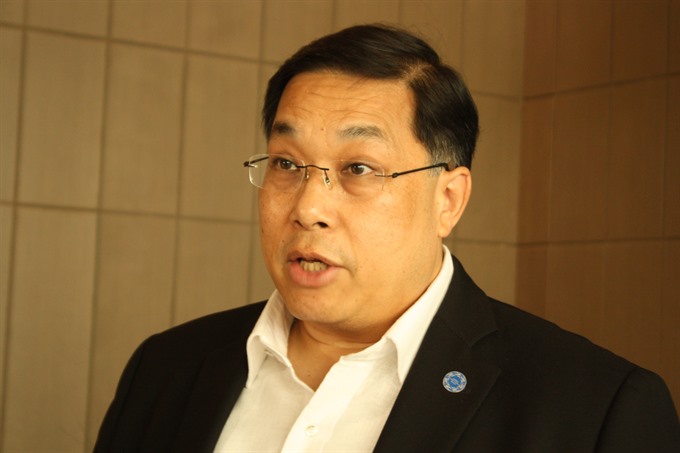 |
| Chutintorn Sam Gongsakdi |
Chutintorn Sam Gongsakdi, Director-General, Thai Foreign Ministry’s Department of International Economic Affairs
Even one-person operation can be micro, usually micro is too small to go for banking, for example. We don’t have an agreed definition in APEC about MSMEs. Because a multinational company in your country might be an MSME in the US. So the point is that we get more players to engage in international trade, in goods and services, that is the main thing. So that during the Việt Nam APEC Year, they can feel that APEC is relevant to them, it is not just about big multinational companies.
All the APEC economies recognise that MSMEs are important players who make up more than 90 per cent of all businesses in the region.
The APEC response, actually a global response, to that is to make trade and investment more relevant to more people, that’s why we have had an agenda for the MSMEs. For example, from last year, Peru and Thailand have been working on green and sustainable MSMEs because it is not always possible for them to compete on cost, or have sophisticated production processes, and so on.
This year, Thailand is working with Việt Nam and Peru to come up with policy frameworks to guide the growth of green and sustainable MSMEs. Big companies can have a role to play because they might have technology, or they can help with the marketing, online and offline. The governments can reduce taxation or help with financing.
In Thailand we have multinational companies that have offices in many places, for example, Big C of the Central Group, so they have signed agreements with the Government to help MSMEs market their products through Big C outlets. That’s the concept we are trying to promore.
The other aspect is green procurement. For example, if you want to buy photocopying paper you can choose companies that are more green. So big companies or governments, by engaging in green procurement, can help create a market for this.
We are also doing other things in APEC to help MSMEs export, just as I just mentioned with Big C. We also help them learn about marketing, financing and so on to go outside and to benefit from the APEC market. - VNS

